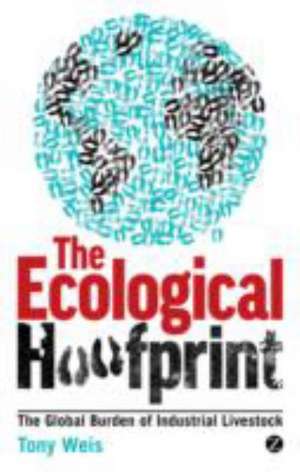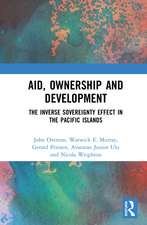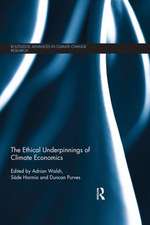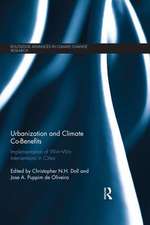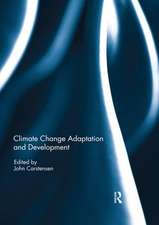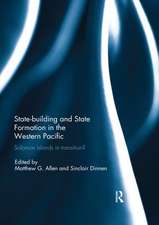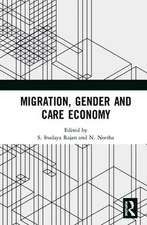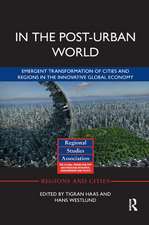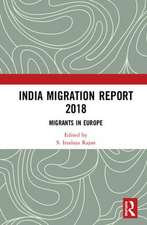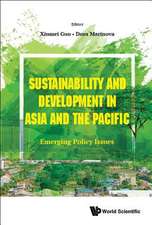The Ecological Hoofprint: The Global Burden of Industrial Livestock
Autor Tony Weisen Limba Engleză Paperback – 31 oct 2013
Following his previous ground-breaking book The Global Food Economy, Tony Weis explains clearly why the growth and industrialization of livestock production is a central part of the accelerating biophysical contradictions of industrial capitalist agriculture.
The Ecological Hoofprint provides a rigorous and eye-opening way of understanding what this system means for the health of the planet, how it contributes to worsening human inequality, and how it constitutes a profound but invisible aspect of the violence of everyday life.
| Toate formatele și edițiile | Preț | Express |
|---|---|---|
| Paperback (1) | 126.35 lei 6-8 săpt. | +31.69 lei 7-13 zile |
| ZED BOOKS – 31 oct 2013 | 126.35 lei 6-8 săpt. | +31.69 lei 7-13 zile |
| Hardback (1) | 508.32 lei 3-5 săpt. | |
| ZED BOOKS – 31 oct 2013 | 508.32 lei 3-5 săpt. |
Preț: 126.35 lei
Preț vechi: 146.84 lei
-14% Nou
Puncte Express: 190
Preț estimativ în valută:
24.18€ • 25.24$ • 20.01£
24.18€ • 25.24$ • 20.01£
Carte tipărită la comandă
Livrare economică 04-18 aprilie
Livrare express 28 februarie-06 martie pentru 41.68 lei
Preluare comenzi: 021 569.72.76
Specificații
ISBN-13: 9781780320960
ISBN-10: 1780320965
Pagini: 200
Ilustrații: figures
Dimensiuni: 138 x 216 x 15 mm
Greutate: 0.27 kg
Editura: ZED BOOKS
Colecția Zed Books
Locul publicării:London, United Kingdom
ISBN-10: 1780320965
Pagini: 200
Ilustrații: figures
Dimensiuni: 138 x 216 x 15 mm
Greutate: 0.27 kg
Editura: ZED BOOKS
Colecția Zed Books
Locul publicării:London, United Kingdom
Cuprins
Introduction:
meatification
and
why
it
matters
1. Contextualizing the hoofprint: global environmental change and inequality
2. The uneven geography of meat
3. The industrial grain-oilseed-livestock complex
4. Confronting the ecological hoofprint: towards a more sustainable, just, and humane world
1. Contextualizing the hoofprint: global environmental change and inequality
2. The uneven geography of meat
3. The industrial grain-oilseed-livestock complex
4. Confronting the ecological hoofprint: towards a more sustainable, just, and humane world
Notă biografică
Descriere
This book explains how the phenomenal growth and industrialization of livestock production is a central part of the accelerating biophysical contradictions of industrial capitalist agriculture and of ongoing and future food crises.
